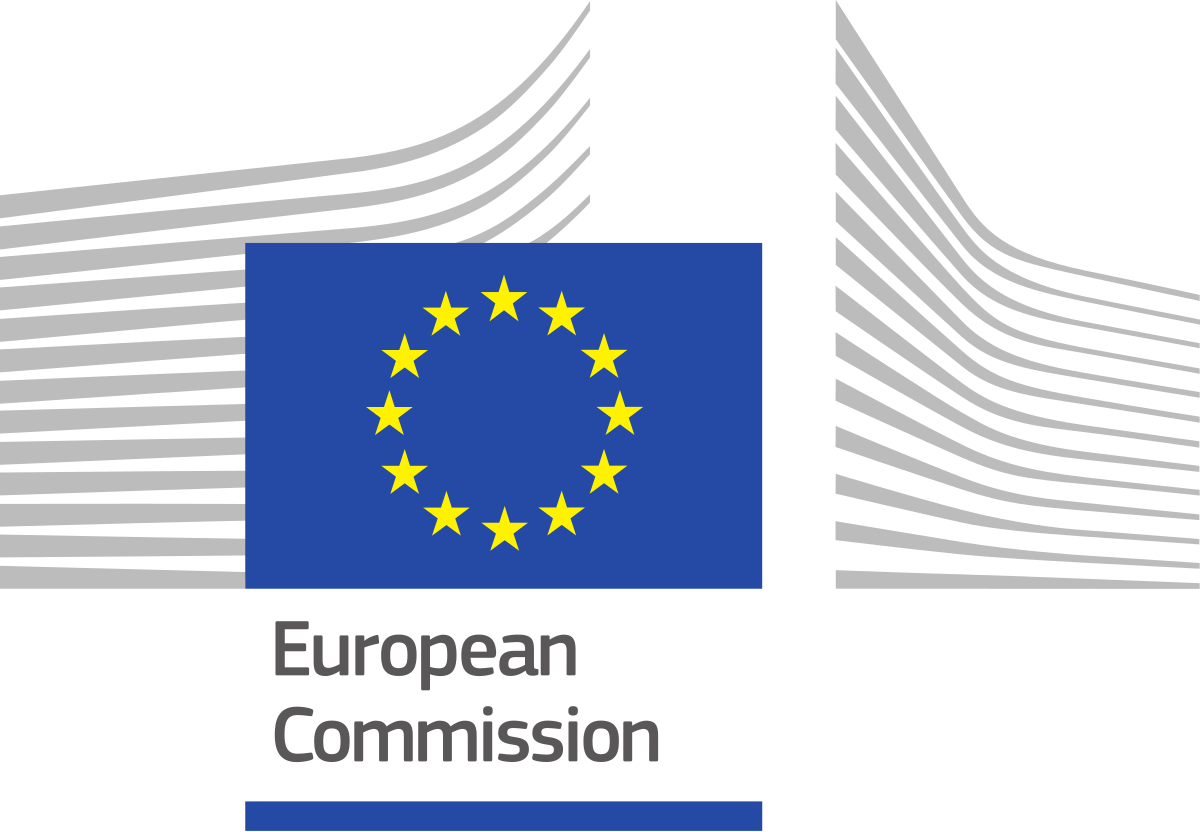

The EUFRUIT thematic network was launched in March 2016. Through a multi-actor approach, it aims to improve the implementation of research outcomes into practical and applicable knowledge that will directly benefit the European fruit sector.
The EUFRUIT consortium consists of 21 partners, including research institutes, universities, and industrial partners who represent key parts of the fruit supply chain, from 12 European countries; these partners can be found on the project website: http://eufrin.org.
“Each of the partners are leaders from a national perspective. Working together, we have developed a framework for identifying and exchanging knowledge via the EUFRUIT project and its Knowledge Platform, this approach will ensure the rapidly dissemination of the latest findings across the EU” says the coordinator of EUFRUIT, Michelle Williams of Aarhus University, Denmark.
EUFRUIT does not seek to create fundamental new knowledge or technologies but rather to gather and analyse state-of-the-art knowledge, to synthesise the national and regional best-practices within the four thematic areas and to share this knowledge through the EUFRUIT network. A first analysis of current trends has been carried out:
Within each of the above-mentioned thematic areas, EUFRUIT has established an ‘international expert group’ (IEG) comprised of fruit research experts, SMEs and representatives from existing national fruit-oriented networks and clusters. These four IEGs meet annually to review and report on the state-of-the-art knowledge, existing practices and novel technologies and then synthesise this material to identify key areas of learning, new knowledge and possible best practice approaches at a European level. 86 experts were involved in the 2016 IEG meetings, representing 15 countries.
Farmers are involved via national/regional network groups (NGs). Through these groups, the knowledge is shared and shown via demonstrations days, technical bulletins and articles in journals/newsletters. The NGs will also serve as the contact point for wider dialogue with the farmers and the other stakeholders to ensure that the project continually takes into account the full range of challenges facing the European fruit supply chain.
More information: http://eufrin.org